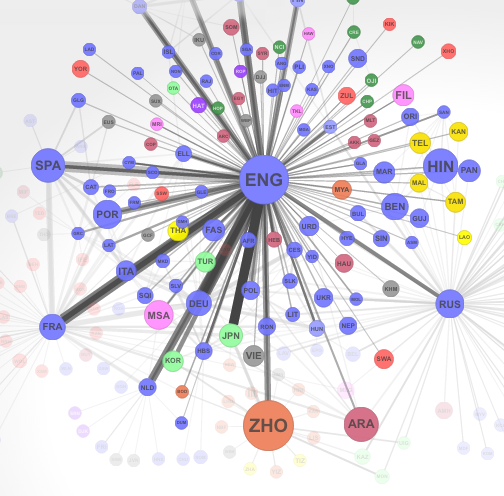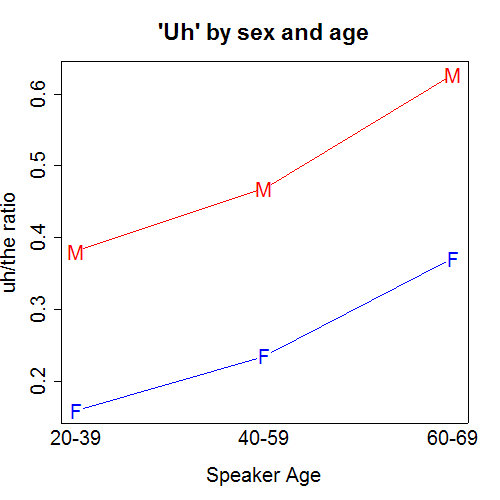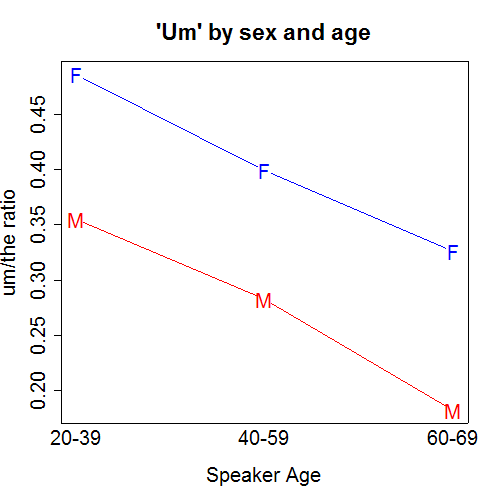Nut rage
The biggest news in South Korea these days is the macadamia nut tantrum that occurred on Korean Airlines last week. Heather Cho, the eldest daughter of Korean Air Lines chairman Cho Yang-ho and herself a high-ranking executive at the airline (though since resigned), threw a monumental hissy fit when she was served macadamia nuts in a manner that she thought was not suitably elegant. Amongst the usual media accounts of the incident, there was this statement from the UK Guardian:
Bloggers and the Korean press lambasted Cho for her arrogance, and took to social media to mock her for going “nuts”.
and reports of this tweet in Korean from an online shopping mall/auction site that makes a sort of punning reference to “that nut.”
Jeff Weinberg asks whether “nut” or “nuts” in Korean is used for “crazy person” or “crazy” as it’s used in English (and maybe primarily American English).
Read the rest of this entry »




